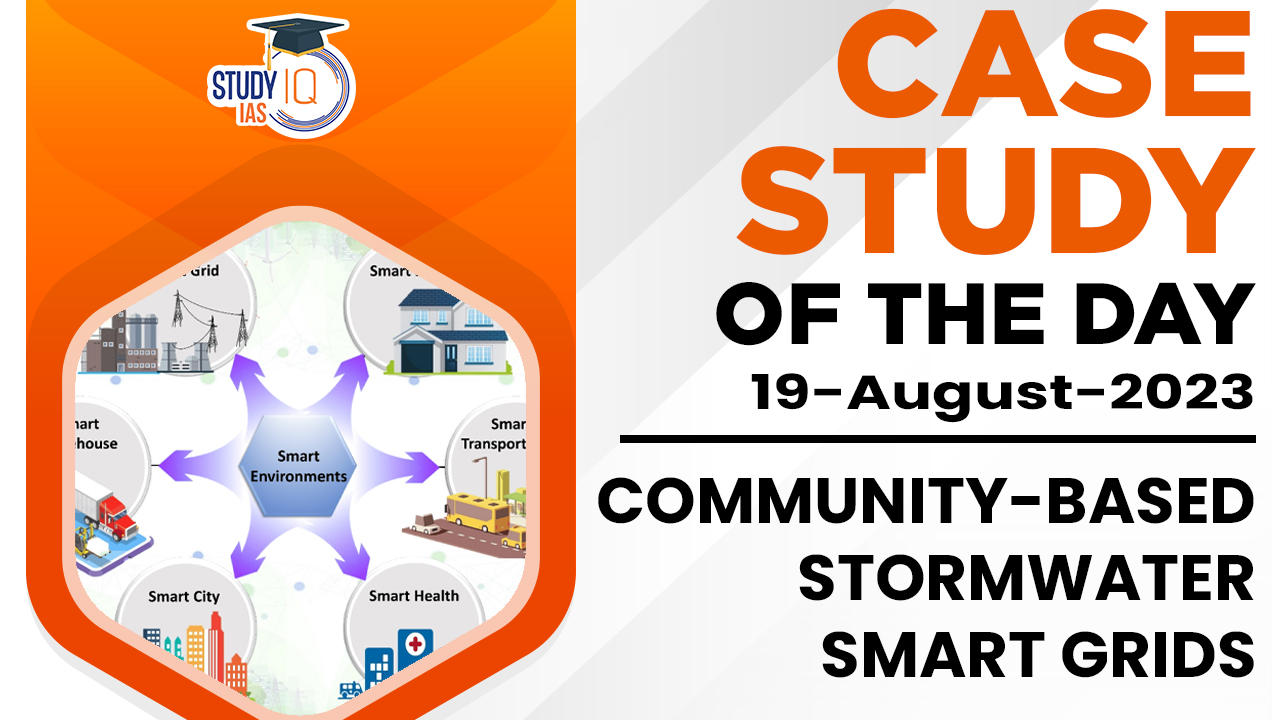Table of Contents
Introduction
Cities around the world are facing increasing challenges from stormwater management. Stormwater runoff from rain and snowmelt can cause flooding, erosion, and water pollution. It can also overwhelm aging stormwater infrastructure, leading to costly repairs and maintenance.
In Toronto, Canada, the City has developed a stormwater smart grid that uses IoT sensors to collect data on stormwater runoff. This data is used to optimize the performance of the city’s stormwater management systems.
Solution
- Community-based stormwater smart grids offer a promising solution to these challenges. These systems use artificial intelligence (AI) and the Internet of Things (IoT) to collect and analyse data on stormwater runoff. This data can be used to optimize the performance of stormwater management systems, such as rain gardens, green roofs, and bioretention swales.
Benefits
- Increased flood resilience: By slowing down and storing stormwater runoff, community-based stormwater smart grids can help to reduce flooding.
- Reduced erosion: By absorbing stormwater runoff, community-based stormwater smart grids can help to reduce erosion.
- Improved water quality: By filtering stormwater runoff, community-based stormwater smart grids can help to improve water quality.
- Reduced costs: By optimizing the performance of stormwater management systems, community-based stormwater smart grids can help to reduce the costs of stormwater management.
- Increased liveability: Community-based stormwater smart grids can help to improve the liveability of communities by creating more green space and reducing air pollution.
Implementation
Community-based stormwater smart grids can be implemented in a variety of ways. One approach is to use a bottom-up approach, where individual homeowners or businesses install rain barrels or other stormwater management measures on their own property. Another approach is to use a top-down approach, where municipalities or other government agencies implement stormwater management measures on a larger scale.





















 WhatsApp
WhatsApp